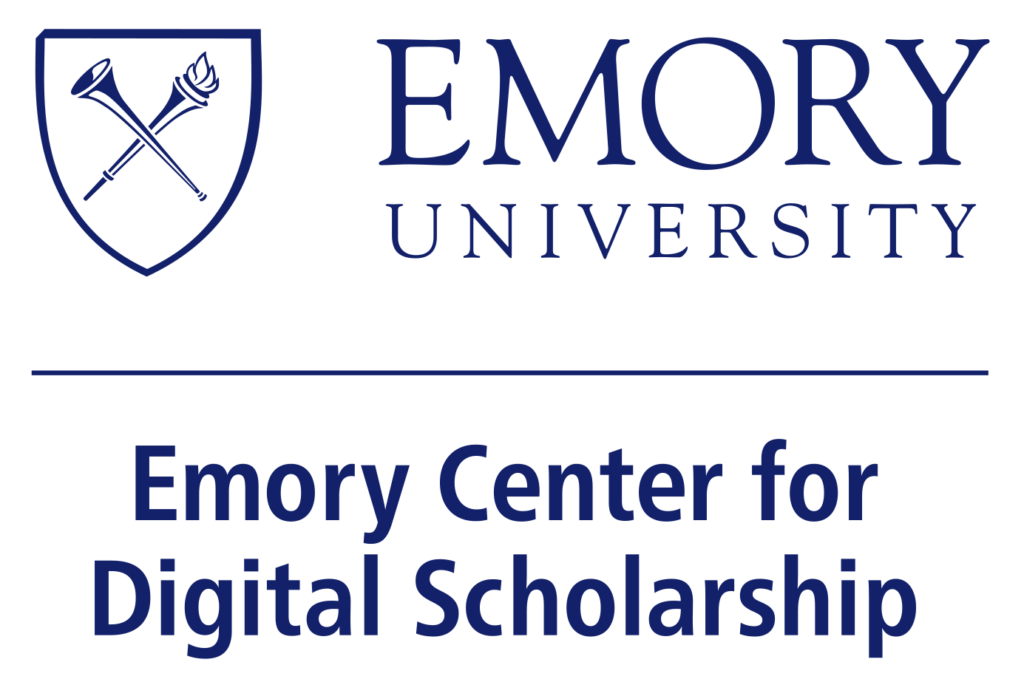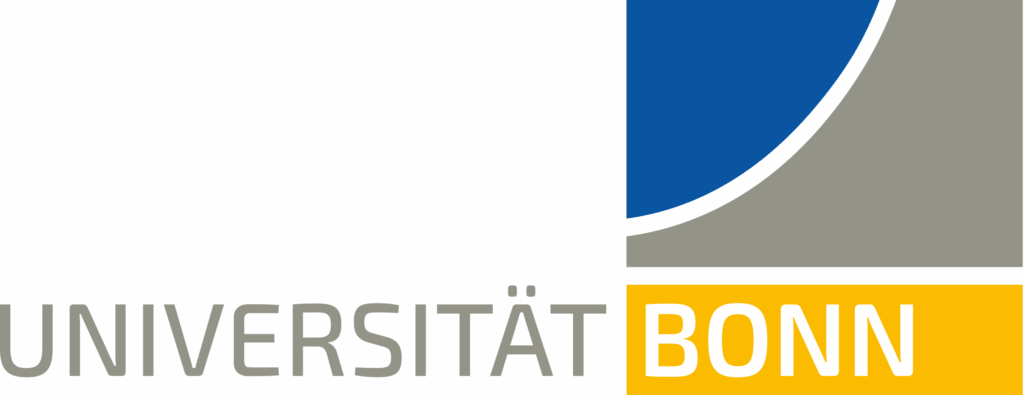INSTITUTIONAL PARTNERS
The Digital Visualization Lab of ECDS is a production focused entity that connects with various faculty projects and includes both graduate and undergraduate students from many departments and the professional schools that engage in learning in a production-focused environment. These students engage in work of the lab and many have contributed to the production of OpenWorld Atlanta and its proceeding development projects that was focused on the development of historical geodatabases and the continued effort of building historical geocoders. The Rose Library Special Collections Library, the Department of Environmental Sciences, and the Department of History, continue to play a role in the development of this project.
ECDS is partnering with UI/UX design experts from Yonsei University’s department of Creative Technology Management to develop an interactive website for the OpenWorld Atlanta project. The Yonsei team, lead by Dr. Younah Kang and Dr. Keeheon Lee, is helping to improve the user experience and accessibility of the interface. Funded by a collaborative grant from Yonsei’s Frontier Lab and Emory’s Halle Institute for Global Research, teams from Atlanta and Seoul have been able to visit their counterparts and work together in person.
The collaboration with University of Bonn experts aims to create curriculum around Atlantan geography and history. The Emory-Bonn team will develop OWA as a resource for research and teaching, centering public scholarship for audiences in and outside academia.
To further develop OWA, the Emory-Bonn collaboration will create a public-facing open educational resource (OER) with tutorials, lesson plans, and instructional resources on a responsive website, improving usability for students, researchers, and community members. Our partnership will explore Atlanta’s urban geographical history, its social structure, and transformation over time, while also creating and publishing adaptable best practices and examples for digital urban history projects worldwide.



